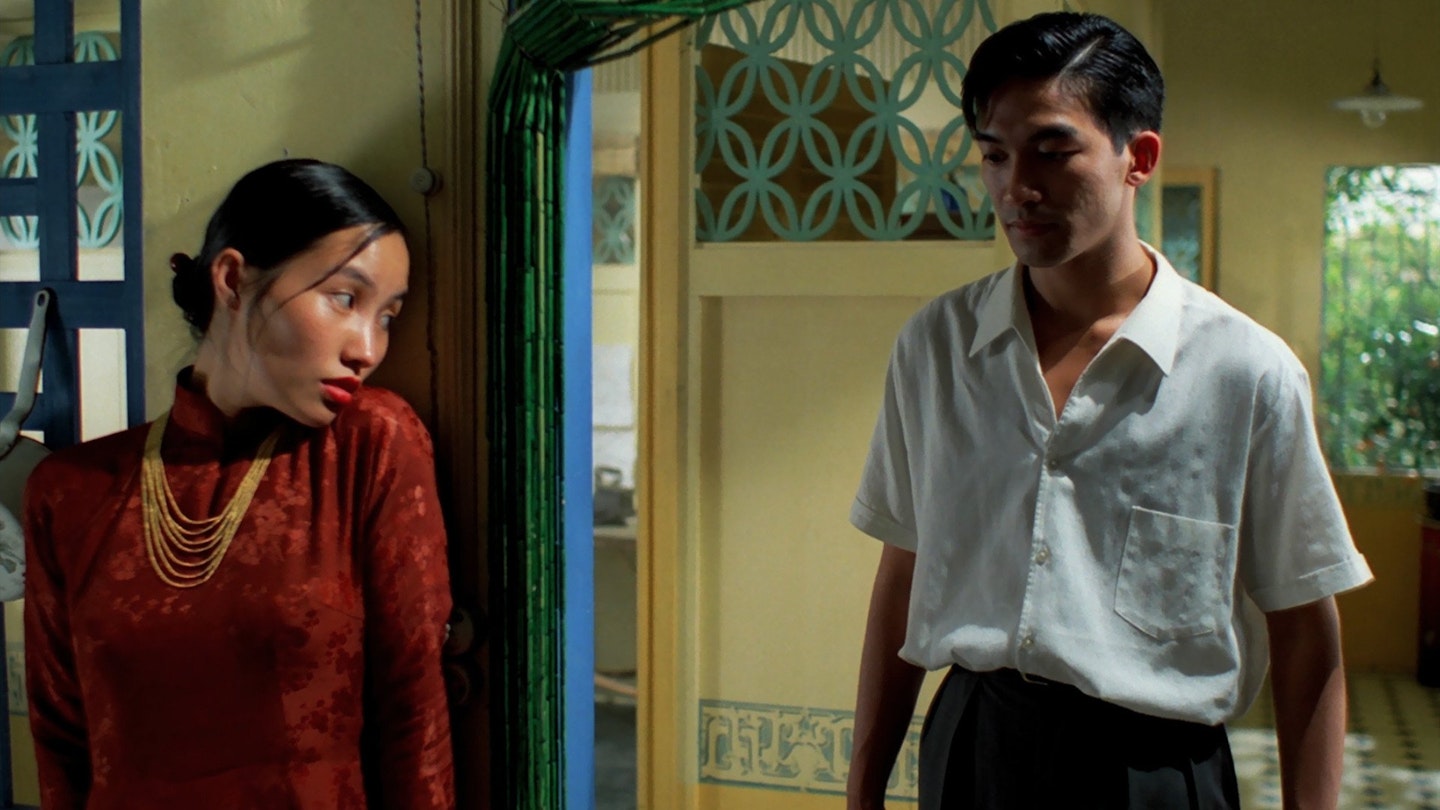A delicate, fastidious evocation of everyday Vietnamese life in the 50s, this opens with ten-year-old peasant girl Mui (Lu) entering the service of a middle-class family in Saigon in 1951 and traces her subsequent initiation into the household. Tran celebrates the details of female domestic labour, paying special attention to the preparation of the green papaya, a garden vegetable whose symbolic properties make it the perfect metaphor for the way that men are nursed by women in traditional Vietnamese culture.
This is not, however, a political film. Tran has no interest in criticising this sexual division of labour, and the only acknowledgement that there is a war going on comes with the offscreen sirens which announce the arrival of curfew each night. It is in the margins of the first part of the movie, however, problems arise: Mui gets to know an old gent who worships the grandmother of the household from afar, the father runs off with all the wife's money, the family struggles to survive. These crude melodramatic motifs are distracting and completely overshadow the second part of the movie, set ten years later with Mui (Tran Nu) now transferred to the service of a serious young composer who lives in a trendy apartment and sports a westernised fiancée.
